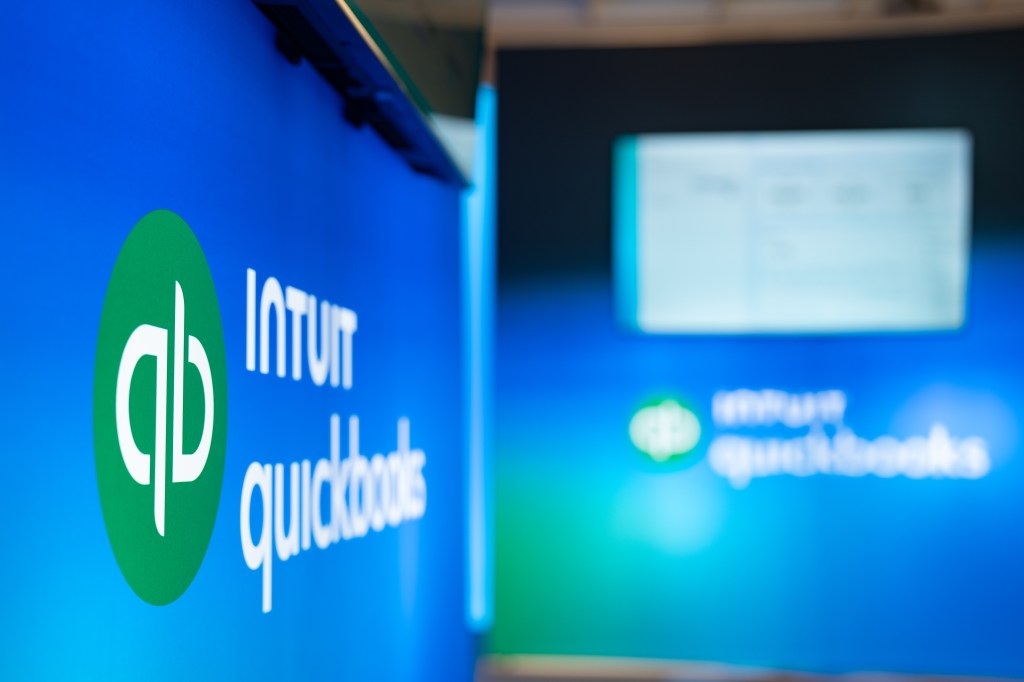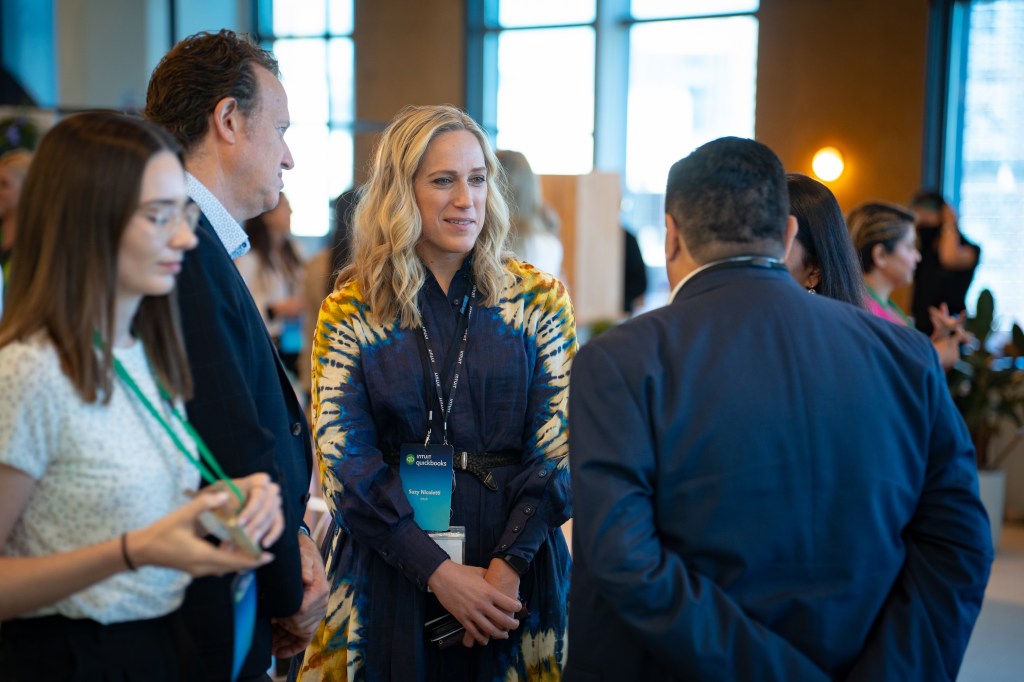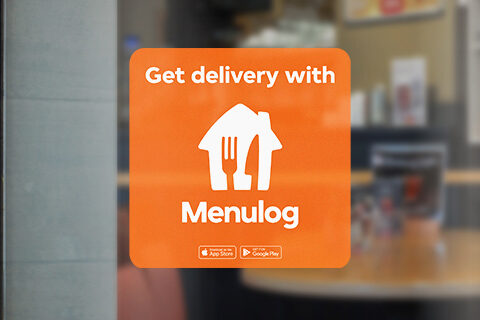QuickBooks has launched a new “virtual team” of AI agents in Australia to help small businesses recover billions in unrealised growth, with new research showing inefficiency costs the sector an average of $209,000 per firm each year.

Key Takeaways
- Australia’s small businesses are leaving $35 billion on the table each year due to inefficiency, operational overload and fragmented digital tools, according to new research for Intuit QuickBooks.
- QuickBooks has launched a “virtual team” of AI agents in Australia, automating bookkeeping, customer management, finance summaries and project setup.
- The move is part of Intuit’s global AI rollout, aimed at giving time back to business owners — up to six hours a week — and positioning QuickBooks to close the gap with Xero and MYOB locally.
- AI adoption is emerging as the strongest predictor of growth readiness, with high-readiness firms saving more time and reporting higher revenue growth.
- Intuit is betting on integration — linking accounting, CRM, tax and workflow tools in one platform — to simplify business management and reduce what it calls the “hidden tax on growth.
Key background
Intuit QuickBooks, the dominant global player in small-business accounting software, is pushing harder into Australia with a new “virtual team” of AI agents designed to automate everyday business tasks and claw back the billions lost to inefficiency each year — and narrow the local lead of Xero and MYOB.

The launch coincides with new research commissioned by Intuit and led by Goldsmiths, University of London, which found Australian small and mid-sized businesses [SMBs] are leaving an average of $209,330 a year in unrealised growth on the table — equivalent to 48% more potential revenue.
Across the 2.5 million SMBs nationwide, that adds up to an estimated $35 billion.
According to the Growth Gap report, nearly half of business owners are bogged down in daily operations and decision fatigue, while juggling as many as nine disconnected digital systems.
Almost nine in ten said they’d abandoned new growth ideas in the past year due to lack of time or focus.
QuickBooks says its new “virtual team” — launched today — aims to tackle that problem.
The suite of agentic AI tools includes accounting, customer, finance and project agents that automatically categorise transactions, generate profit and loss summaries, identify new leads, and pre-fill draft projects.

A forthcoming GST AI Agent will flag discrepancies between reported income and tax filings, suggesting possible causes and fixes.
Suzy Nicoletti, Intuit’s regional vice president for APAC, said inefficiency was “the hidden tax on growth” for small businesses.
“We’re experiencing a once-in-a-generation shift where AI is fundamentally reshaping how businesses run and grow,” Nicoletti said. “With the launch of our virtual team of AI agents, combined with human expertise, we’re freeing leaders from the operational grind so they can focus on their vision.”
Intuit claims that businesses already using its AI tools are saving up to six hours a week — the equivalent of a full working day — through automation. The new AI-powered QuickBooks interface also features a customisable homepage with real-time insights and collaboration tools linking accounting professionals, customers, and third-party apps.
As Xero and MYOB continue to dominate Australia’s small business accounting market, QuickBooks’ latest move signals a renewed push to differentiate on AI-driven efficiency.

Ciarán Quilty, Intuit’s senior vice president for international, said the findings underscore the link between AI adoption and business readiness.
“Ambition is abundant, but the path to execution remains obstructed by everyday complexity,” he said. “When routine work is automated, time and visibility return — giving leaders the insights they need and the confidence to act.”
Tangent
While QuickBooks races to close the AI efficiency gap, Xero has been building its own generative AI tools, including automated invoice categorisation and cash-flow insights, while MYOB has focused on workflow automation and embedded financial services. The next frontier for all three may be “agentic” ecosystems, where multiple AI agents collaborate across accounting, payroll and customer data — effectively turning business software into a co-worker rather than a tool.
Big number
100,000,000 The number of customers Intuit claims across its various products such as QuickBooks, Mailchimp, TurboTax and Credit Karma.



